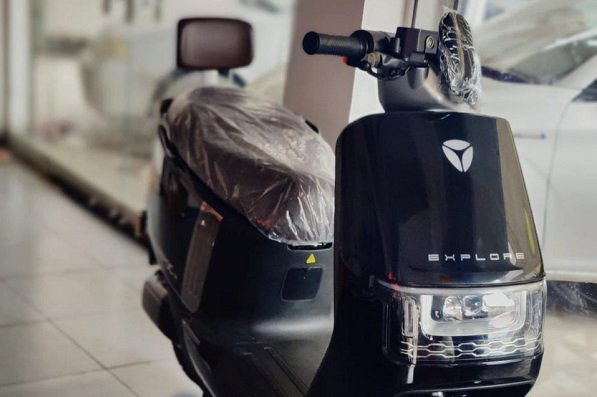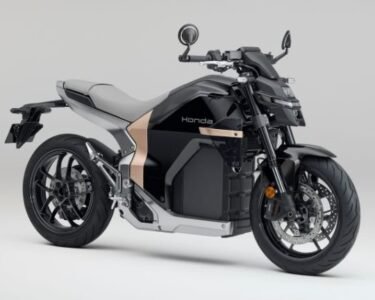The recent decision to raise the General Sales Tax (GST) on electric scooters from 1% to 18% could severely hinder the Pakistani government’s efforts to promote electric vehicle (EV) adoption. This shift is at odds with the government’s earlier policies aimed at reducing carbon emissions and promoting sustainability. Recently, the Federal Board of Revenue (FBR) issued notices to several EV scooter brands in Pakistan, notifying them that they should be paying 18% in taxes instead of the previously agreed-upon 1%.
Impact on EV Scooter Brands and Sustainability Goals
Under the 2019 National Electric Vehicle Policy, all electric two- and three-wheelers were required to pay only 1% sales tax as an incentive to boost sales and promote clean energy. This incentive was part of a broader plan to encourage the adoption of electric vehicles in Pakistan, making them more accessible to the public by keeping prices low. However, the FBR’s sudden demand for an additional 17% tax contradicts the government’s policy and could severely impact the productivity of EV scooter manufacturers in Pakistan.
This abrupt tax increase could force manufacturers to raise prices, making electric scooters less affordable for consumers. The rise in prices may also cause a decline in sales, thus reducing the impact of EVs on reducing emissions. This is particularly concerning as these electric vehicles are central to the government’s larger environmental strategy.
Pakistan’s Commitments to Environmental Sustainability
Pakistan’s government introduced such incentives to meet its commitments under the Nationally Determined Contribution (NDC) agreement with the United Nations Development Program (UNDP). Pakistan has pledged to reduce its projected emissions by 50% by 2030, with 15% of this reduction coming from its own resources and 35% dependent on international grant financing.
The National Electric Vehicle Policy, effective since 2019, allows local manufacturers of electric two- and three-wheelers to pay just 1% sales tax. The policy aimed to make electric vehicles more affordable and accessible to the masses, which is critical for meeting the government’s carbon reduction goals. The FBR’s recent notices, which claim that electric scooters were not explicitly mentioned in the policy, contradict this mission.
Urgent Need for Policy Clarity
The government needs to address this policy ambiguity and reaffirm its commitment to supporting electric scooters and other EVs. Scooters are an essential component of the two-wheeler vehicle ecosystem, and raising the sales tax to 18% could force companies to significantly increase prices, making EVs less attractive to consumers. This would not only slow the adoption of electric scooters but also undermine the government’s broader goals of reducing the carbon footprint and promoting sustainable transportation.
The sudden demand for higher taxes on electric scooters poses a serious threat to Pakistan’s sustainability efforts. If left unaddressed, this tax increase could lead to reduced EV adoption, hindering the government’s ambitious environmental targets. To ensure the continued growth of the electric vehicle sector, the government must clarify its stance on this issue and ensure that policies remain consistent with its sustainability goals.






